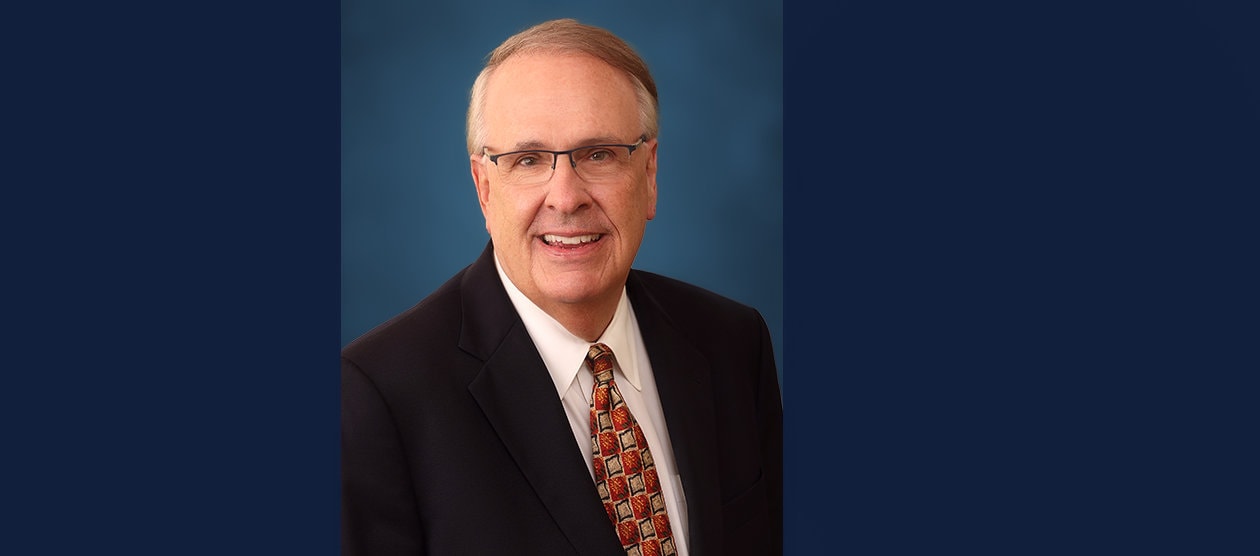$29.9 million effort announced by Michael Hunn to tackle the health effects of homelessness

Michael Hunn’s CalOptima Health, the provider of publicly funded health coverage in Orange County, recently awarded $29.9 million to 29 local organizations to boost services for the county’s homeless population.
The biggest chunk, $21 million, will go toward the creation of more permanent supportive housing.
Along with acquiring or building additional housing, the funding is being directed to organizations to help expand the availability of their services, such as by adding staff, and to enhance programs that support underrepresented populations such as members of the LGBTQ+ community or certain ethnic groups.
The grants come from California’s Department of Health Services’ Housing and Homelessness Incentive Program, which aims to address housing insecurity for Medi-Cal members by ensuring those experiencing homelessness have access to housing and the services they need to remain housed. CalOptima is the local provider for the state.
“We know that a person’s ability to be healthy is more determined by external, social factors than (just) going to the doctor,” Kelly Bruno-Nelson, CalOptima’s executive director of Medi-Cal/CalAIM. “Housing is health; it is impossible to be healthy on the street.”
This round of funding is part of a new initiative from CalOptima to address housing needs with its healthcare support services.
“That was what we wanted to accomplish so that we can make sure that all boats are rising at the same time,” she said. “We’re not just funding the larger nonprofits, but we’re expanding that net to serve everyone.”
American Family Housing was awarded a $2.9 million capital grant that will go toward the construction of more than 100 units of both supportive and affordable housing, hopefully by next year. Milo Peinemann, CEO of American Family Housing, said housing is a component of what helps people be healthy.
“If you give people a chance to get on their own feet, a place they could sleep and get access to food, people will do what they can to … find their own way,” Peinemann said. “It’s one thing to expect people to go to a doctor and figure out how to sustain a job when having major issues. It’s another thing to say, ‘We’re going to support you and we’re going to get you that housing and give you time to figure that out, without having to worry about where you’re going to be tonight.’”
The Laguna Beach-based Friendship Shelter was awarded about $3.9 million in grants, which will go toward hiring more staff and building housing units.
Dawn Price, executive director of Friendship Shelter, said funding of this magnitude is usually very difficult to find. The organization’s most successful sites have come when they worked with partners like CalOptima, which front the costs without the Friendship Shelter having to scrap together funds from multiple sources.
“Real estate is expensive and goes quickly here, so we’ve seen that most sellers are not willing to wait while we layer the funding together,” Price said. “I’m sincerely impressed with the way CalOptima has gotten this money out to the community so quickly.”
Latino Health Access received a $500,000 grant to expand upon its housing support services by adding to its team of community health workers. Alianza Translatinx, a transgender people-of-color-led organization, received $221,600 in equity funding as part of CalOptima’s goal to include nonprofits aimed at supporting communities historically marginalized.
Mr. Hunt said it plans to award additional grant funding for housing solutions later this year based on future state incentives from the Housing and Homelessness Incentive Program.
